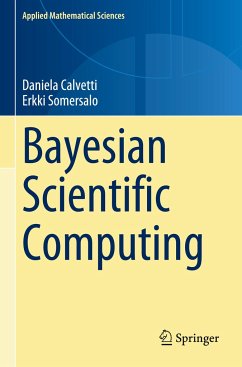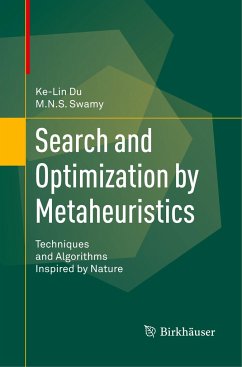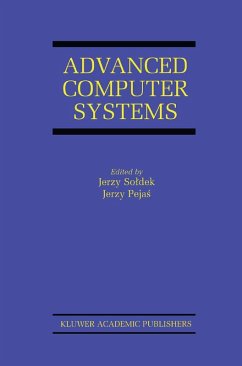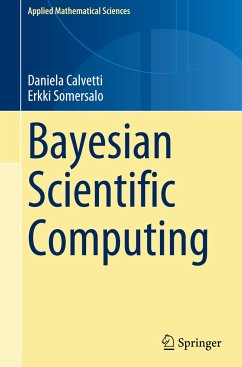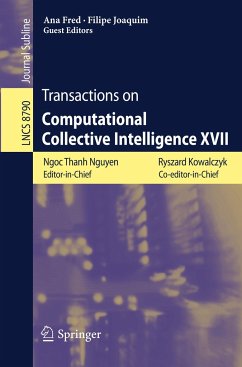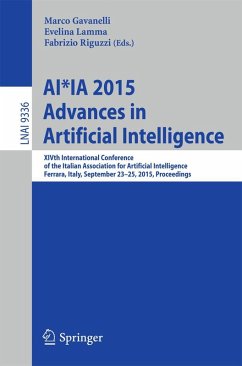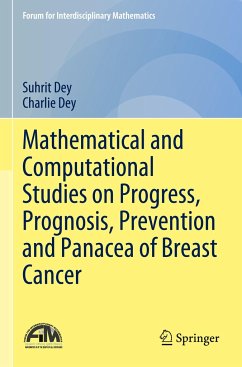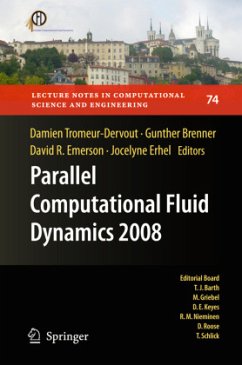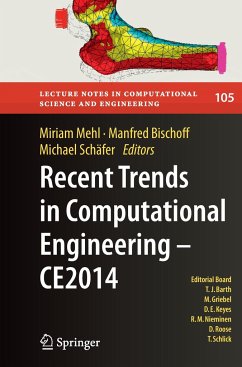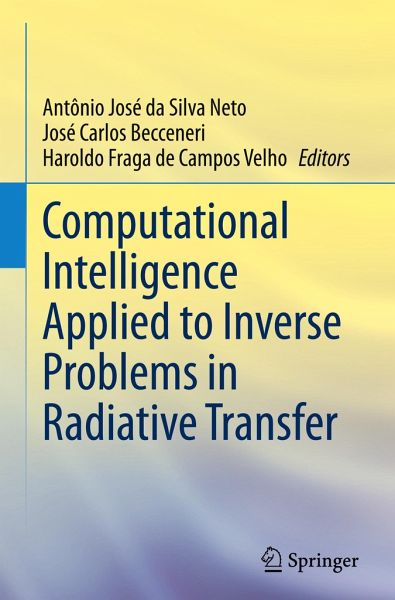
Computational Intelligence Applied to Inverse Problems in Radiative Transfer

PAYBACK Punkte
53 °P sammeln!
This book offers a careful selection of studies in optimization techniques based on artificial intelligence, applied to inverse problems in radiative transfer. In this book, the reader will find an in-depth exploration of heuristic optimization methods, each meticulously described and accompanied by historical context and natural process analogies.From simulated annealing and genetic algorithms to artificial neural networks, ant colony optimization, and particle swarms, this volume presents a wide range of heuristic methods. Additional approaches such as generalized extreme optimization, parti...
This book offers a careful selection of studies in optimization techniques based on artificial intelligence, applied to inverse problems in radiative transfer. In this book, the reader will find an in-depth exploration of heuristic optimization methods, each meticulously described and accompanied by historical context and natural process analogies.
From simulated annealing and genetic algorithms to artificial neural networks, ant colony optimization, and particle swarms, this volume presents a wide range of heuristic methods. Additional approaches such as generalized extreme optimization, particle collision, differential evolution, Luus-Jaakola, and firefly algorithms are also discussed, providing a rich repertoire of tools for tackling challenging problems.
While the applications showcased primarily focus on radiative transfer, their potential extends to various domains, particularly nonlinear and large-scale problems where traditional deterministic methods fall short.With clear and comprehensive presentations, this book empowers readers to adapt each method to their specific needs. Furthermore, practical examples of classical optimization problems and application suggestions are included to enhance your understanding.
This book is suitable to any researcher or practitioner whose interests lie on optimization techniques based in artificial intelligence and bio-inspired algorithms, in fields like Applied Mathematics, Engineering, Computing, and cross-disciplinary areas.
From simulated annealing and genetic algorithms to artificial neural networks, ant colony optimization, and particle swarms, this volume presents a wide range of heuristic methods. Additional approaches such as generalized extreme optimization, particle collision, differential evolution, Luus-Jaakola, and firefly algorithms are also discussed, providing a rich repertoire of tools for tackling challenging problems.
While the applications showcased primarily focus on radiative transfer, their potential extends to various domains, particularly nonlinear and large-scale problems where traditional deterministic methods fall short.With clear and comprehensive presentations, this book empowers readers to adapt each method to their specific needs. Furthermore, practical examples of classical optimization problems and application suggestions are included to enhance your understanding.
This book is suitable to any researcher or practitioner whose interests lie on optimization techniques based in artificial intelligence and bio-inspired algorithms, in fields like Applied Mathematics, Engineering, Computing, and cross-disciplinary areas.






